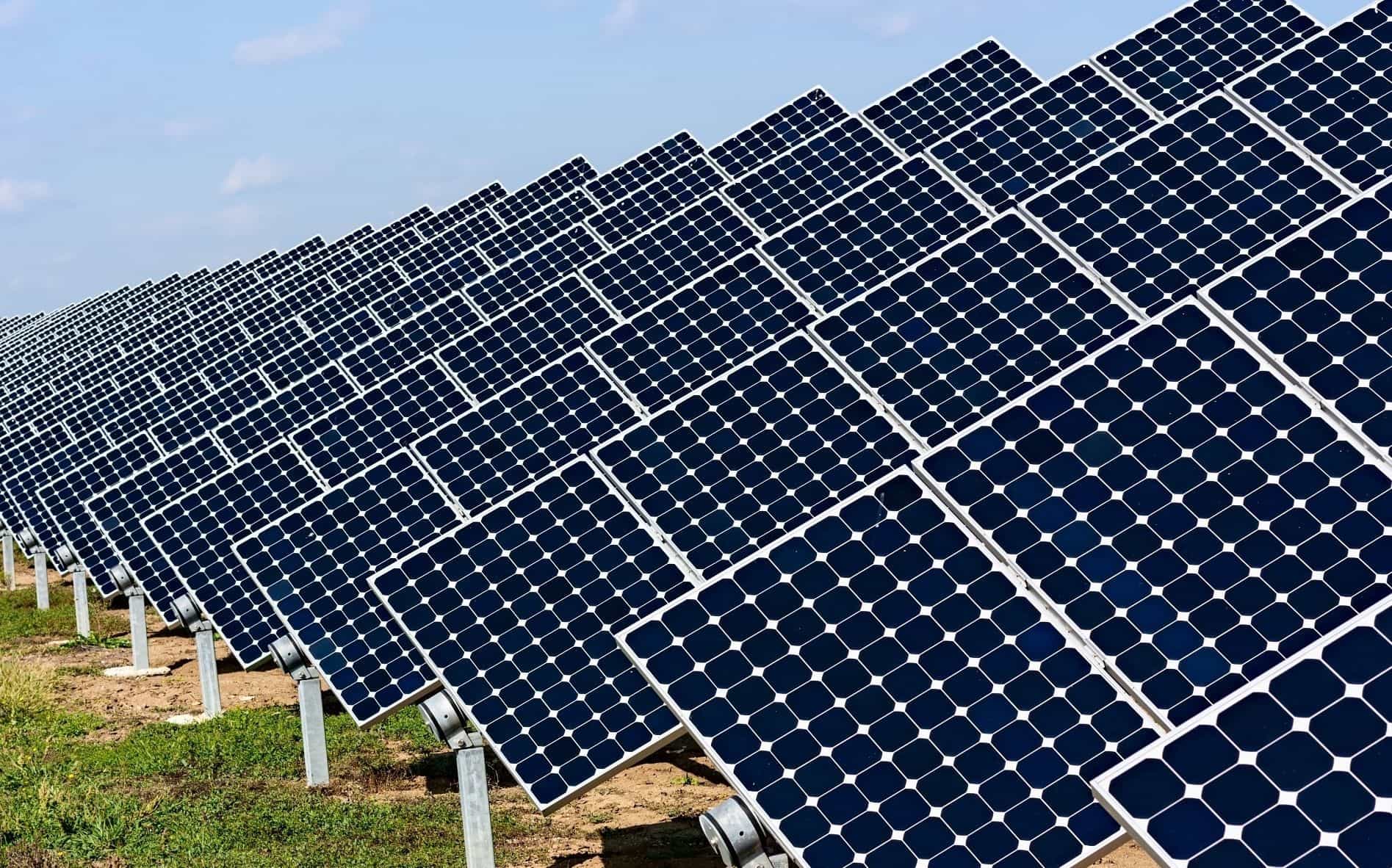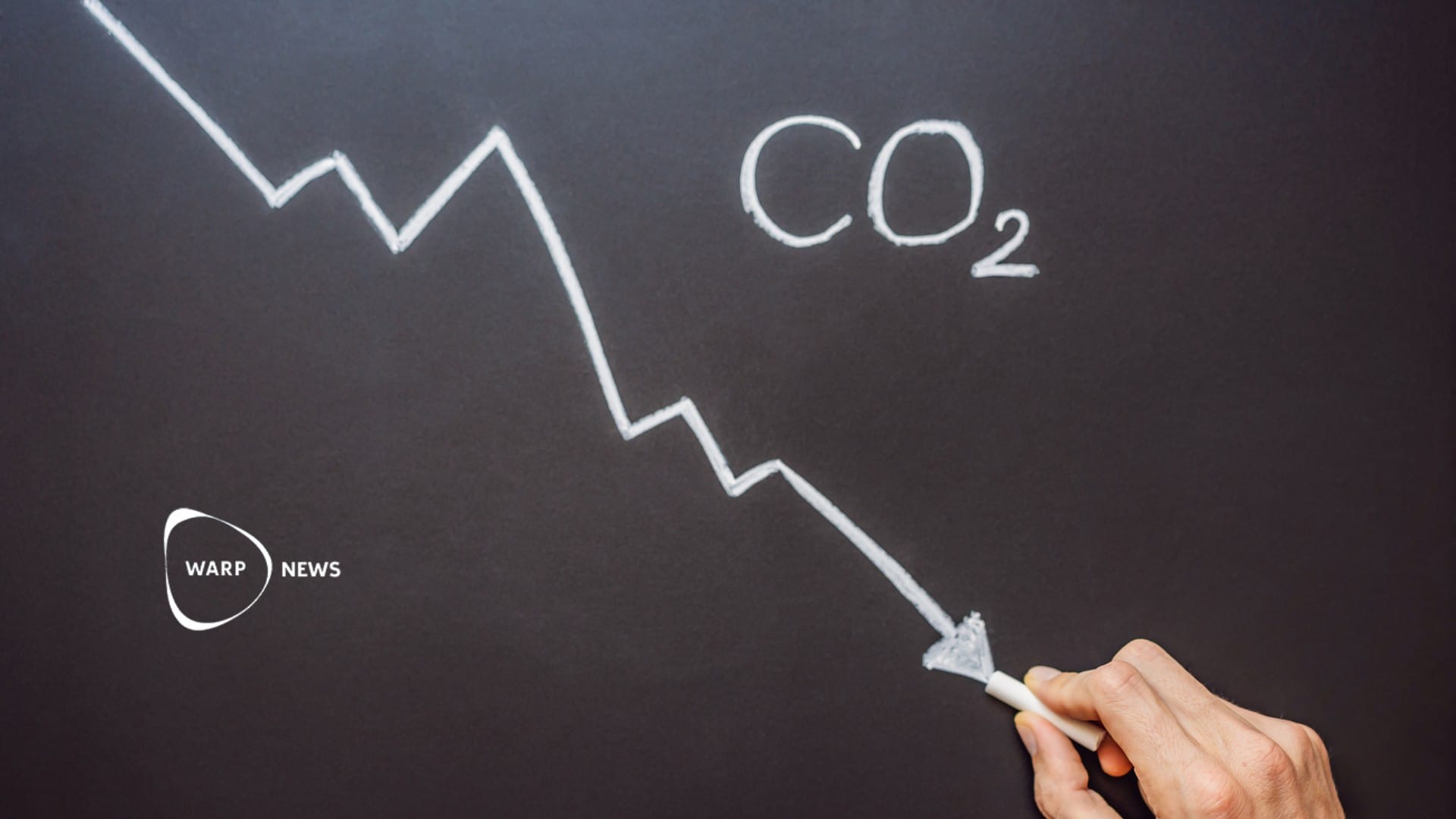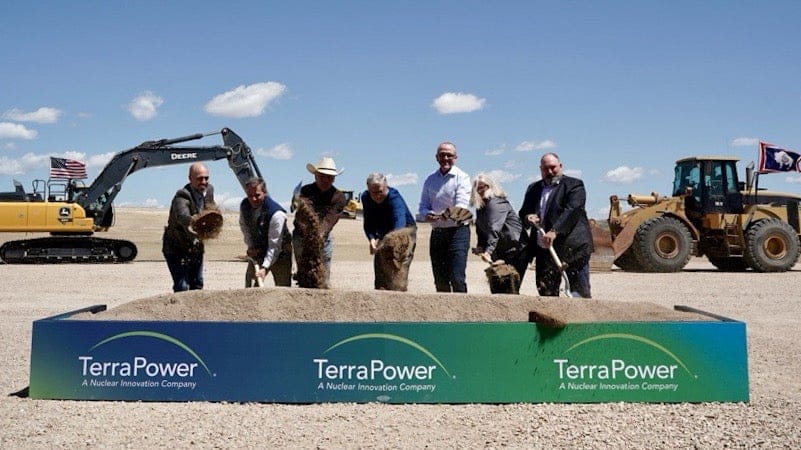
🇲🇿 Mozambique gets first solar energy storage facility
Mozambique builds a US$32 million solar system that comprises solar panels and utility-scale battery energy storage. The first of its kind in the country.
Share this story!
Mozambique has started constructing a US$32 million solar system that comprises solar panels and utility-scale battery energy storage, the first of its kind in the country.
The project, located in Tetereane District of Cuamba (Niassa Province), will have a combined 19MWp (15MWac) of solar PV with 2MW (7MWh) of battery energy storage, according to Institute for Energy Economics and Financial Analysis, IEEFA.
IEEFA reported that the proprietors of the project, African independent power producer (IPP) Globeleq, will sell electricity from the facility to the country’s national power company Electricidade de Moçambique (EDM) under a 25-year power purchase agreement (PPA).
EDM also noted that two medium voltage (33kV) lines would also be constructed to connect the plant to the local substation.
Globeleq Chief Development Officer Jonathan Hoffman told IEEFA that the project was crucial in providing electricity in the Southern African country.
“(The project is a) trailblazer for future utility-scale energy storage in Mozambique and the region,” he said
According to IEEFA, Globeleq partnered with EDM and Source Energia in setting up the project.
Mozambique is a crucial player in electricity generation in Southern Africa and is currently exporting excess power to neighboring countries such as Zimbabwe through a platform known as Southern African Power Pool (SAPP), whose membership also includes other Southern African countries such as South Africa, Botswana, Namibia, Tanzania, Lesotho and the Democratic Republic of Congo.
Some countries in Southern Africa are facing power shortages and currently filling the gap through power imports. However, there is a concerted effort among member states to increase power generation through refurbishing or expanding existing power projects.
For instance, Zimbabwe is targeting to be power self-sufficient by the year 2023. This will be achieved by expanding Hwange Power Station to add 600MW to the national grid and other IPPs dotted around the country.
Like most countries in Southern Africa, Mozambique aims to provide energy access to all its citizens by 2030. The project is in response to a growing demand for electricity in Niassa province.
🗳 Since democracy is crucial in a fact-based optimistic world... we remind our readers of the democratic status of the countries we write about:
Mozambique has a Global Freedom Score of 43 and has the status Partly Free.
Zimbabwe has a Global Freedom Score of 28 and has the status Not Free.
By becoming a premium supporter, you help in the creation and sharing of fact-based optimistic news all over the world.


